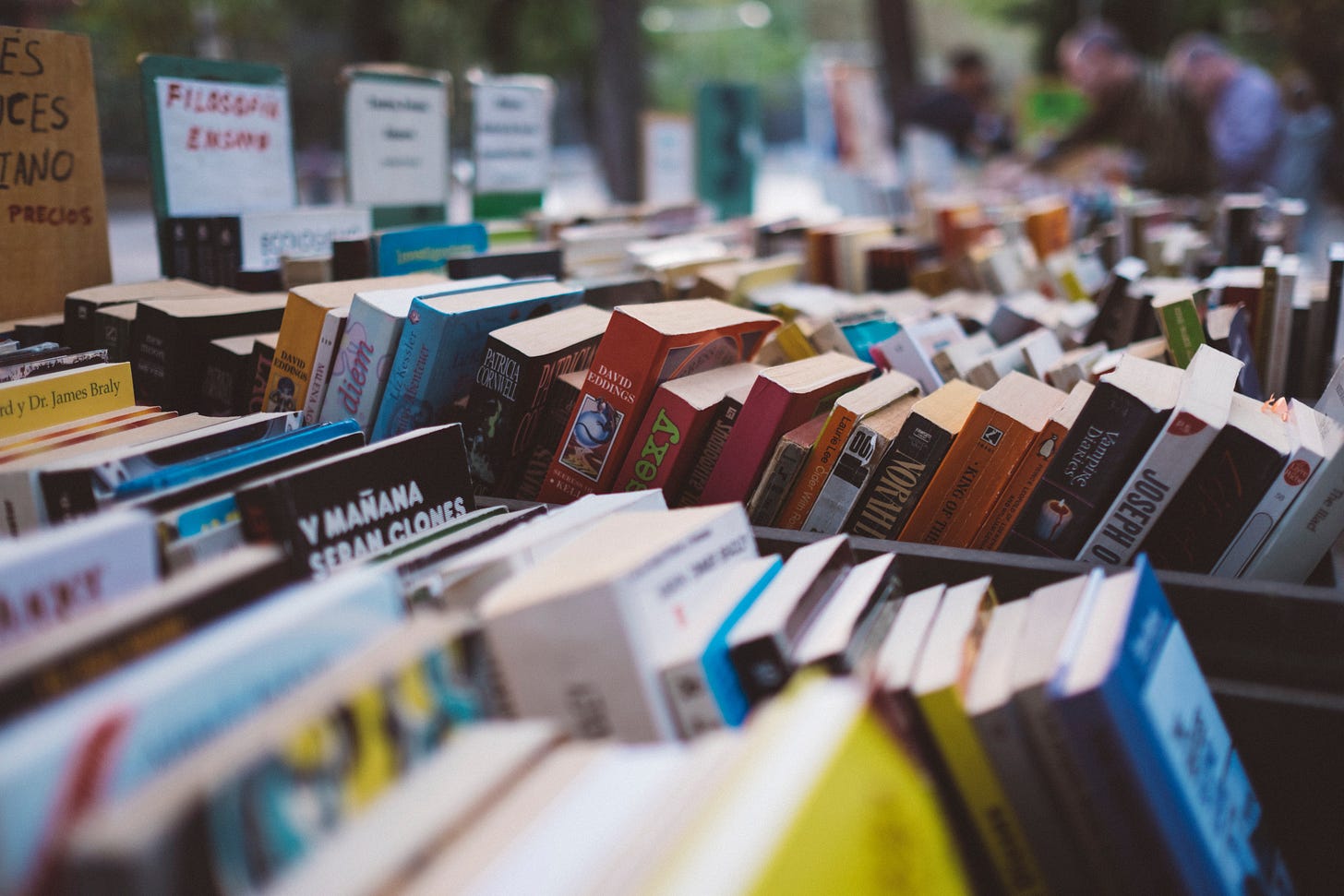Books to make you think this summer
It's – finally! – summer again. After three winters in a row, Helanya and I are looking forward to some sun, sea and sand (and watermelon, and ice-cold beer, and cricket on the tele, and litchis, and did I mention sun?). And what better way to enjoy summer than with excellent local and international books, fiction and non-fiction to make you think. Here's what I'm recommending for those long, lazy days on the beach:
Nomavenda Mathiane's excellent Eyes in the Night tells the true story of the life and times of the author's grandmother, Gogo Makhoba. Apart from the title (I don't quite understand the relevance), the book is an eye-opener on a neglected part of South African history: the tale of a young girl's adventures during and after the Anglo-Zulu war of the late nineteenth century. It is an incredible story of resilience in the face of almost unthinkable atrocities. And yet, with the author resisting the urge for melodrama, grandmother okaMakhoba and her experiences of running from the English Redcoats, working in the household of the horrible Oubaas, and then running away to Zulu missionaries who convert her to Christianity, complicates our often oversimplified version of history. Who stole land, and at what cost? How did Christianity affect Zulu traditions? What are the differences between township and traditional Zulu culture? It is good to be reminded that history is never black and white. Through her grandmother's extraordinary life, Mathiane gives South Africans a vibrant picture of our own interconnectedness and, for lack of a better word, complicatedness. Eyes in the Night is a book I enjoyed thoroughly and is my book of the summer.
Deon Meyer is a household name, and not only in South Africa. Yet his stories are as South African as they come. He has produced another gem with Koors (as far as I can see, still only available in Afrikaans). What happens when 95% of humanity is wiped out by a deadly virus? How do we rebuild civilization? How do societies develop? Yes, this is the fictional story of a young South African boy and his dad trying to survive the aftermath of a deadly virus, but it is more than that: it is a philosophical reflection on the roots of development. What role for specialisation, for trade, for politics, for religion in the creation of societies, and how do these interact as these societies become more complex over time? (Sidenote: political economists familiar with the literature on stationary and roving bandits would particularly enjoy this. If I have to be critical, I would have liked to see more economics - for example, the birth of currency in this post-apocalyptic world, or the emergence of debt and credit, although I guess these are less sexier topics.) Combine this fascinating setting with a murder plot and you've got a book that is much like all his others: unputdownable. And I promise: you won't be able to predict the twist at the end...
I've just started Richard Baldwin's The Great Convergence, but have seen enough to recommend it. Globalization is not popular, yet it continues to lift many out of poverty. Baldwin's clear analysis of an increasingly complicated phenomenon helps us understand how the the cost of moving goods, ideas and people has shaped, and will continue to shape our economies – and politics. Richard Evans is a historian I greatly admire, and he seems to have produced a wonderful new account of the nineteenth-century in Europe: The Pursuit of Power. (Sidenote: I also love the cover.) The Information Nexus presents an intruiging new thesis that explains the rise of capitalism not so much as an accumulation of capital but instead as an improvement in our ability to record and process information.
Johan Norberg (great name) shows why we should be a little less despondent about the events of 2016: the world is still a much better one than the one of we inhabited a decade or five decades earlier. One way to summarise the book: '200 000 people were lifted out of poverty yesterday' is a newspaper headline that could have appeared every single day the last decade. Donker Stroom is an award-winning true story of an Afrikaner writer and poet and his adventures in England during the Anglo-Boer War. Still unread, but it comes highly recommended.
I will post a couple of my Finweek columns over the next few weeks, but this will be the last personalised blog post for the year. Thanks again for continuing to read, and share my posts: I appreciate all the feedback and support (and criticisms) I receive. 2016 has been a tough year in many respects. Let's hope 2017 will be filled with happy surprises.
*Photo by freddie marriage on Unsplash.


